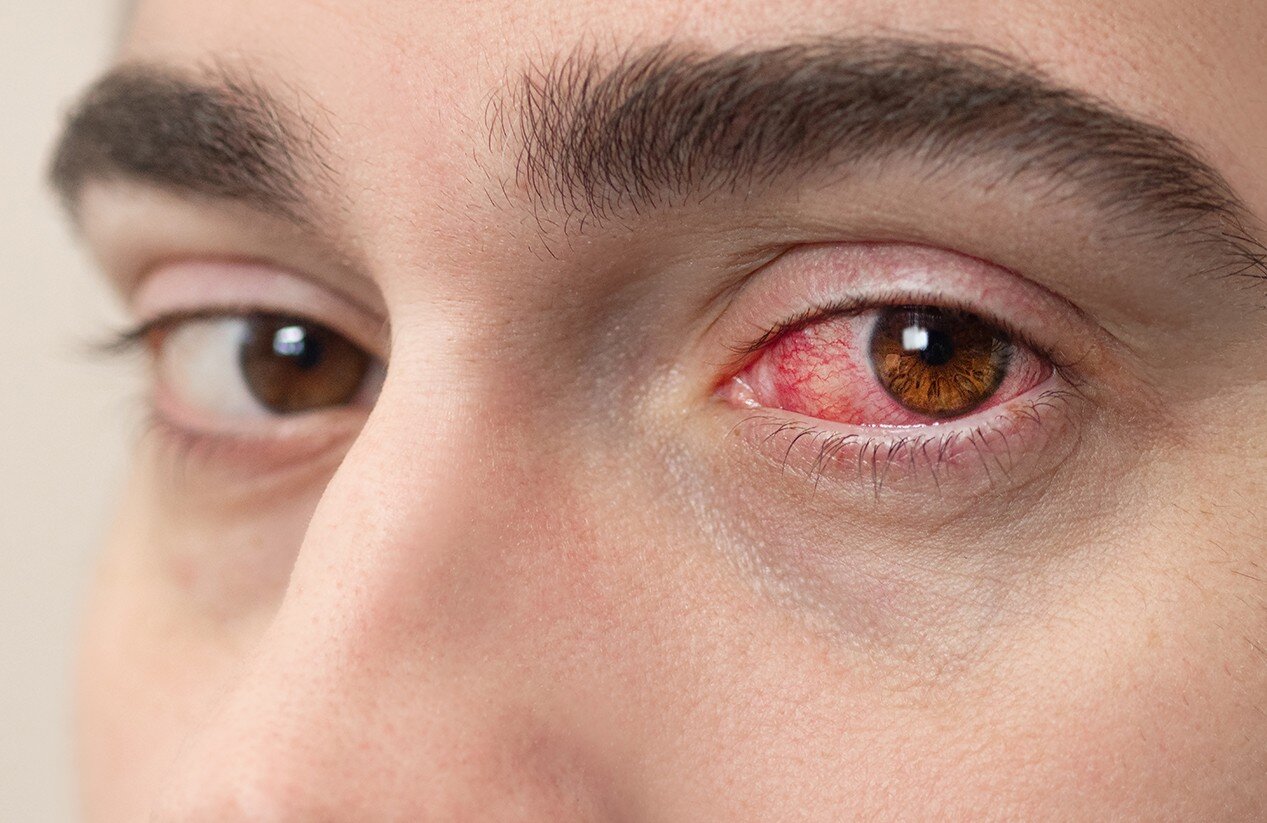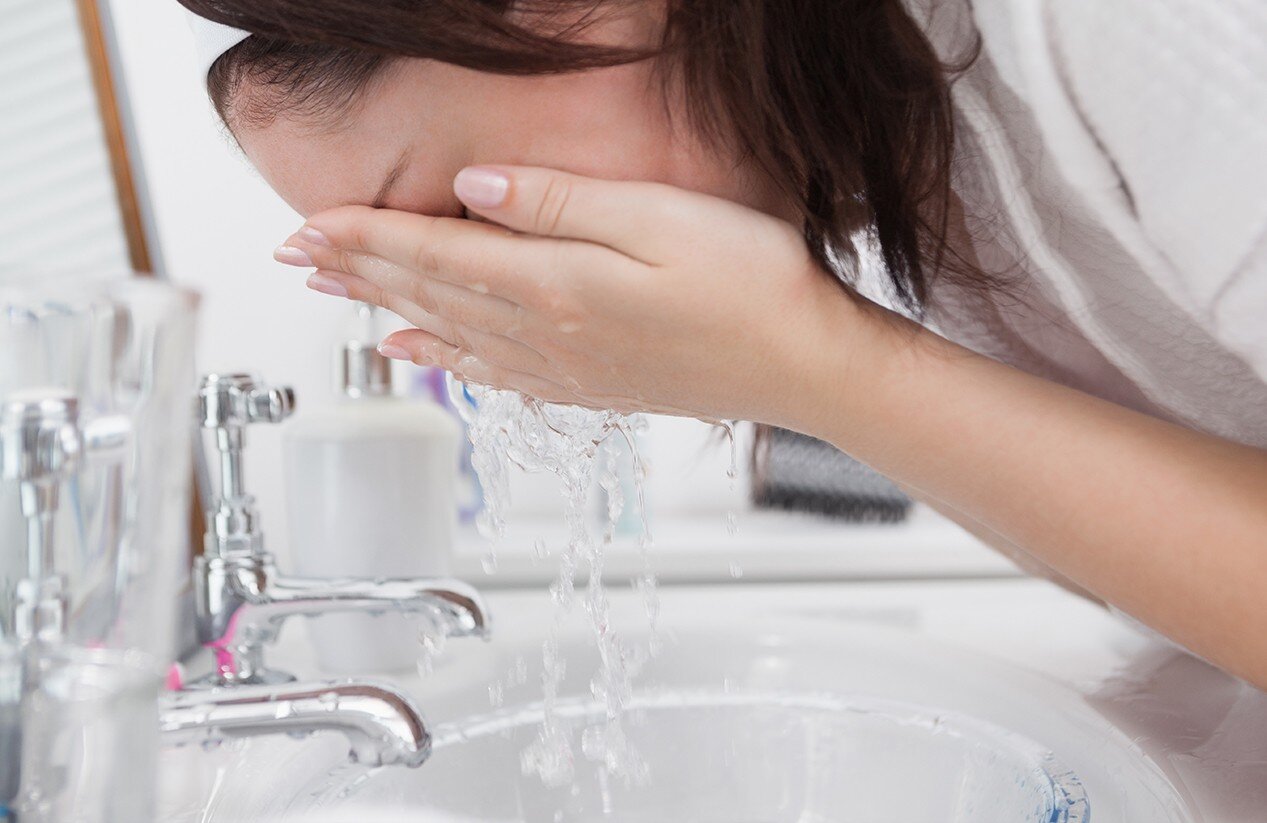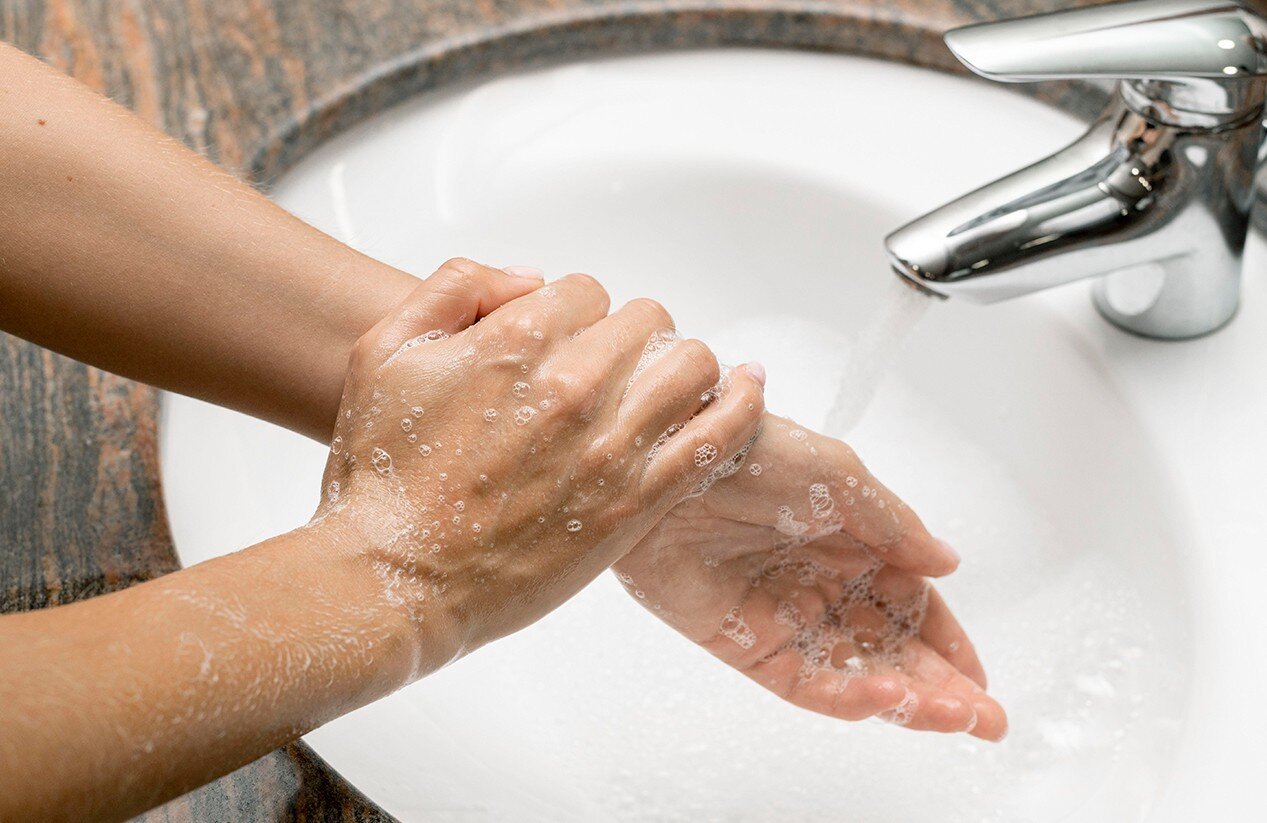- GlassesShop By FrameShop By StyleFeatured












Sunscreen is non-negotiable for protecting your skin against harmful UV rays, but what happens when it gets in your eyes? Anyone who has experienced that sudden stinging, burning, and watering knows it can completely ruin a perfect day outdoors. Whether it’s at the beach, during a morning run, or while lounging poolside, sunscreen in eyes can happen to anyone.
This expanded guide will teach you how to get sunscreen out of eyes quickly, the safest sunscreen in eyes remedies, how to prevent it from happening again, and the best UV protection sunglasses to keep your eyes safe in the future.
The moment sunscreen hits your eyes, the clock starts ticking. The faster you rinse it out, the faster the burning stops and the lower your risk of lasting irritation.
Wash your hands thoroughly – This ensures you won’t introduce more sunscreen, sand, or bacteria into your eyes.
Use clean, lukewarm water or saline solution – Tilt your head slightly to the side so water flows gently over the affected eye. You can use bottled water, a faucet stream, or a dedicated eyewash bottle.
Remove contact lenses – If you wear contacts, they can trap sunscreen particles against your cornea. Take them out and clean them with contact lens solution before wearing again.
Blink repeatedly – This triggers natural tear production, helping flush out lingering sunscreen.
Soothe with preservative-free artificial tears – Avoid “redness relief” drops unless prescribed, as they can make irritation worse.
Rest your eyes – Keep them closed for 20–30 minutes. Place a cool, damp cloth over your eyelids to reduce redness and swelling.
Pro tip: If you’re at the beach or on a hike, always keep a small bottle of sterile saline in your bag. It works better than plain water because it matches your body’s natural pH.

Sunscreen in eyes isn’t just a beach problem. It can happen when:
Sweat carries sunscreen down your face during workouts
Ocean waves splash sunscreen into your eyes while swimming
Applying spray sunscreen too close to your eyes on a windy day
Accidentally rubbing your eyes after reapplying sunscreen
Using heavy facial moisturizers with SPF that migrate during the day
By being aware of these scenarios, you can take preventive steps before irritation strikes.
Prevention is always easier than treatment. Here’s how to keep your eyes comfortable and safe:
Choose face-specific SPF sticks or lotions – These formulas stay put better and are less likely to drip.
Stay at least 1 inch away from your eyes – Apply sunscreen to the high points of your cheekbones, then use sunglasses for the rest of the protection.
Wear UV protection sunglasses – Polarized sunglasses, like those from EFE Glasses, block 100% of UVA and UVB rays and serve as a physical barrier against sunscreen run-off.
Opt for mineral-based sunscreen – Zinc oxide and titanium dioxide are less irritating and better for sensitive eyes.
Look for “tear-free” or “eye-safe” labels – These are formulated to minimize stinging if contact with the eyes happens.
Use sweat-resistant or waterproof formulas – Especially important for sports, swimming, or hot climates.

Sometimes you can’t rinse your eyes immediately — here’s what to do:
Press a clean, cool cloth over closed eyes until you can rinse
Blink often to encourage natural tears
Avoid rubbing — rubbing will grind sunscreen particles into your cornea and make irritation worse
See an eye doctor right away if you have:
Pain that lasts more than 30 minutes
Blurred vision that doesn’t improve after rinsing
Persistent redness and swelling
Signs of allergic reaction (itching, swelling, hives)
Any vision loss

1. Can sunscreen cause permanent damage to the eyes?
Usually no, but delayed rinsing can cause corneal damage. Quick action prevents most long-term issues.
2. Can I use baby sunscreen to avoid stinging?
Baby sunscreen formulas are often gentler and less irritating, but you should still avoid direct eye contact.
3. What’s the best sunscreen for sensitive eyes?
Mineral-based sunscreens with zinc oxide or titanium dioxide, labeled “tear-free” or “for sensitive skin,” are the safest.
4. How can I protect my eyes while swimming?
Pair waterproof sunscreen with snug-fitting swim goggles and polarized UV protection sunglasses for lounging poolside.
5. Can sunglasses really help prevent sunscreen in eyes?
Yes — the right pair acts as a barrier, shielding your eyes from both UV rays and sunscreen run-off.
Sunscreen eye irritation is uncomfortable but avoidable. By knowing how to get sunscreen out of eyes quickly and making smart product choices — like eye-safe sunscreen and UV protection sunglasses — you can enjoy sunny days without the sting.
And if you want the ultimate prevention combo? Use a mineral sunscreen + EFE polarized sunglasses. Your skin stays protected, your eyes stay comfortable, and you look great doing it.

